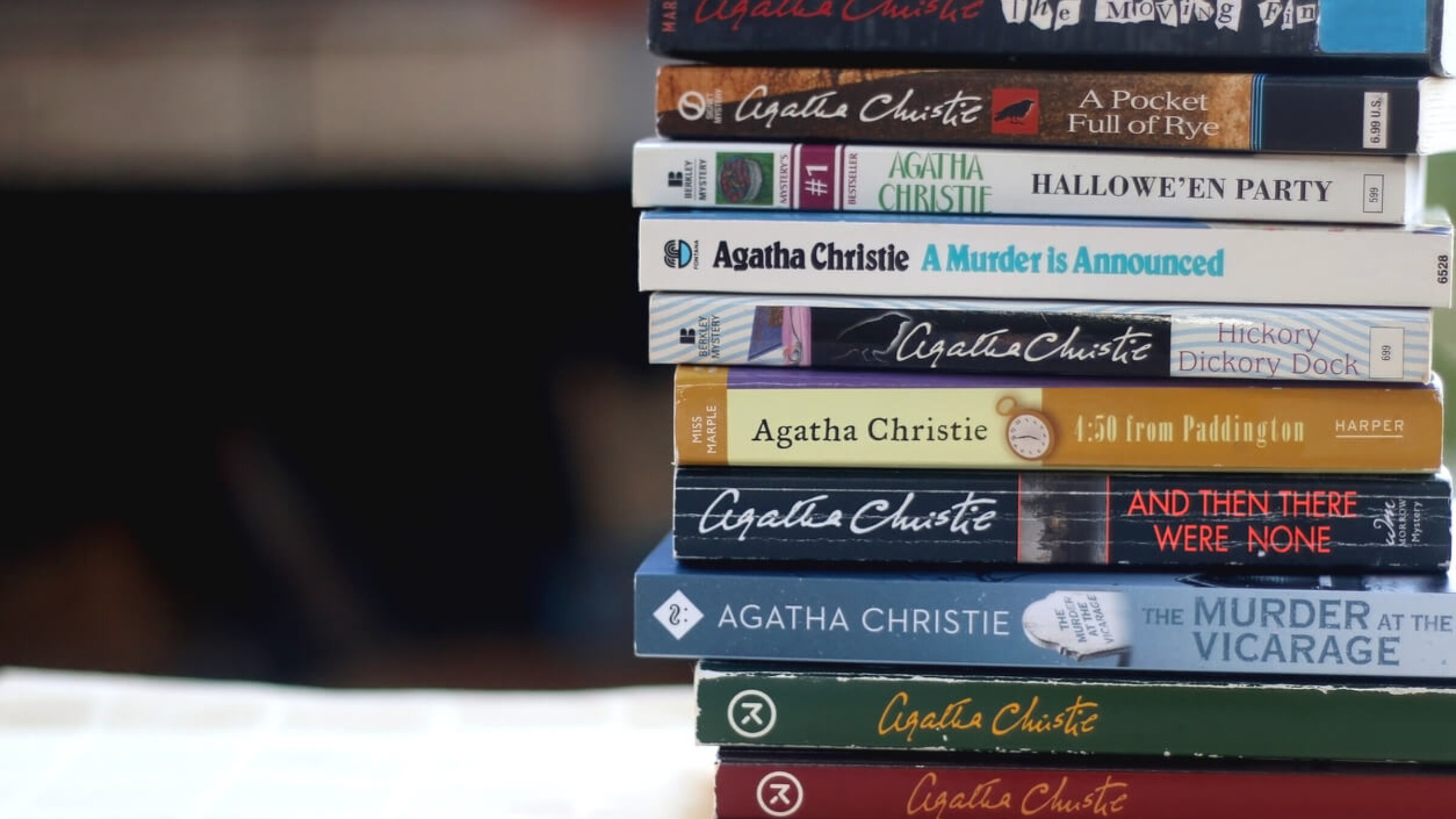Agatha Christie, sans antisemitism: New editions of novels scrub offensive language about Jews, Black people
Christie has long been scrutinized for using pejorative language to describe minorities

Agatha Christie has a long and complicated history of antisemitism. Photo by Jelena990/iStock
The newest editions of Agatha Christie’s detective novels won’t include language that contemporary readers might consider offensive, including references to Jews and Black people.
HarperCollins, the publishing company posthumously reissuing Christie’s work, has rewritten potentially offensive language in some passages of Christie’s books and cut other passages entirely, The Telegraph reported.
Christie, the author of 66 novels that have sold over 2 billion copies internationally, has a long and complicated history of antisemitism.
As part of their efforts, HarperCollins has removed detective Hercule Poirot’s description of a character as “a Jew, of course” in the new edition of The Mysterious Affair at Styles, Christie’s debut novel from 1920. This isn’t the first time publishers have edited offensive language out of novels written by the so-called “Queen of Crime.” After the Holocaust, Christie’s literary agent allowed her U.S. publisher to covertly delete the antisemitic language in her early novels for their postwar reprints.
So while the British editions of her books stayed the same, U.S. readers have — perhaps unwittingly — had a limited view of what historian Martin Forward calls Christie’s “reflex antisemitism” for decades.
Christie’s descriptions of Black characters have also attracted significant criticism over the years. HarperCollins’s new edits include revising one of Christie’s short stories, which included a servant originally referred to as “Black” and “grinning,” to now describe the character as “nodding,” without reference to his race.
The latest edition of Death on the Nile, Christie’s bestselling 1937 novel, omits all references to “Nubian people.” And, in the revised version of Miss Marple’s Final Cases and Two Stories, publishers have changed the word “native” to “local” throughout the short story collection.
HarperCollins first published some of these changes in 2020 reissues of the novels, with more set to come, The Telegraph reported. This news comes a month after outrage over the publishing company Puffin’s rewrites of Roald Dahl’s children’s books in the name of “inclusion and accessibility.”
The Forward is free to read, but it isn’t free to produce

I hope you appreciated this article. Before you go, I’d like to ask you to please support the Forward.
Now more than ever, American Jews need independent news they can trust, with reporting driven by truth, not ideology. We serve you, not any ideological agenda.
At a time when other newsrooms are closing or cutting back, the Forward has removed its paywall and invested additional resources to report on the ground from Israel and around the U.S. on the impact of the war, rising antisemitism and polarized discourse.
This is a great time to support independent Jewish journalism you rely on. Make a gift today!
— Rachel Fishman Feddersen, Publisher and CEO
Support our mission to tell the Jewish story fully and fairly.
Most Popular
- 1

Fast Forward Ye debuts ‘Heil Hitler’ music video that includes a sample of a Hitler speech
- 2

Opinion It looks like Israel totally underestimated Trump
- 3

Culture Is Pope Leo Jewish? Ask his distant cousins — like me
- 4

Fast Forward Student suspended for ‘F— the Jews’ video defends himself on antisemitic podcast
In Case You Missed It
-

Fast Forward For the first time since Henry VIII created the role, a Jew will helm Hebrew studies at Cambridge
-

Fast Forward Argentine Supreme Court discovers over 80 boxes of forgotten Nazi documents
-

News In Edan Alexander’s hometown in New Jersey, months of fear and anguish give way to joy and relief
-

Fast Forward What’s next for suspended student who posted ‘F— the Jews’ video? An alt-right media tour
-
Shop the Forward Store
100% of profits support our journalism
Republish This Story
Please read before republishing
We’re happy to make this story available to republish for free, unless it originated with JTA, Haaretz or another publication (as indicated on the article) and as long as you follow our guidelines.
You must comply with the following:
- Credit the Forward
- Retain our pixel
- Preserve our canonical link in Google search
- Add a noindex tag in Google search
See our full guidelines for more information, and this guide for detail about canonical URLs.
To republish, copy the HTML by clicking on the yellow button to the right; it includes our tracking pixel, all paragraph styles and hyperlinks, the author byline and credit to the Forward. It does not include images; to avoid copyright violations, you must add them manually, following our guidelines. Please email us at [email protected], subject line “republish,” with any questions or to let us know what stories you’re picking up.













